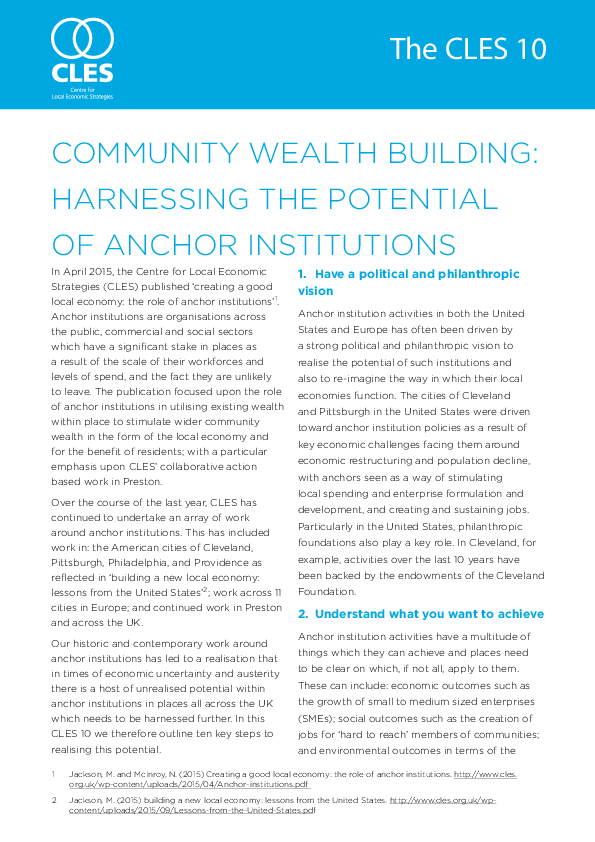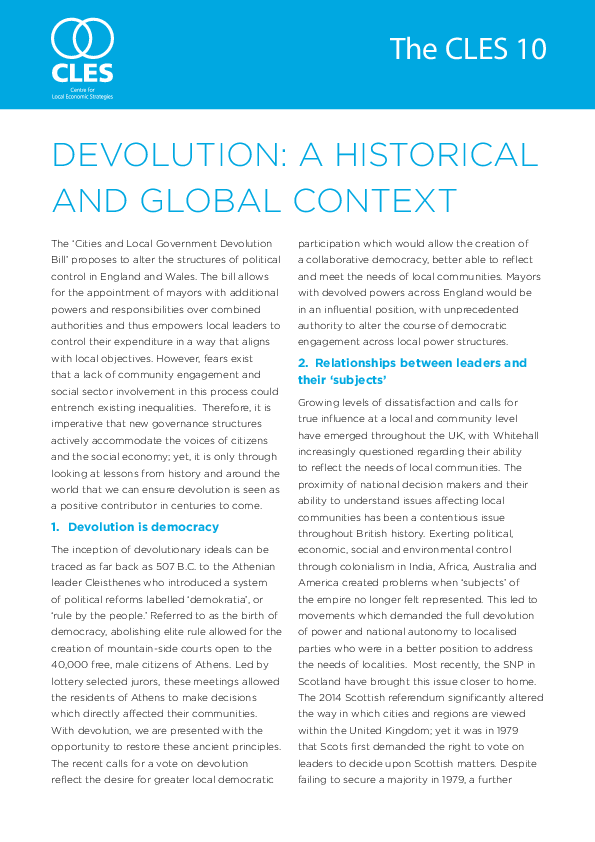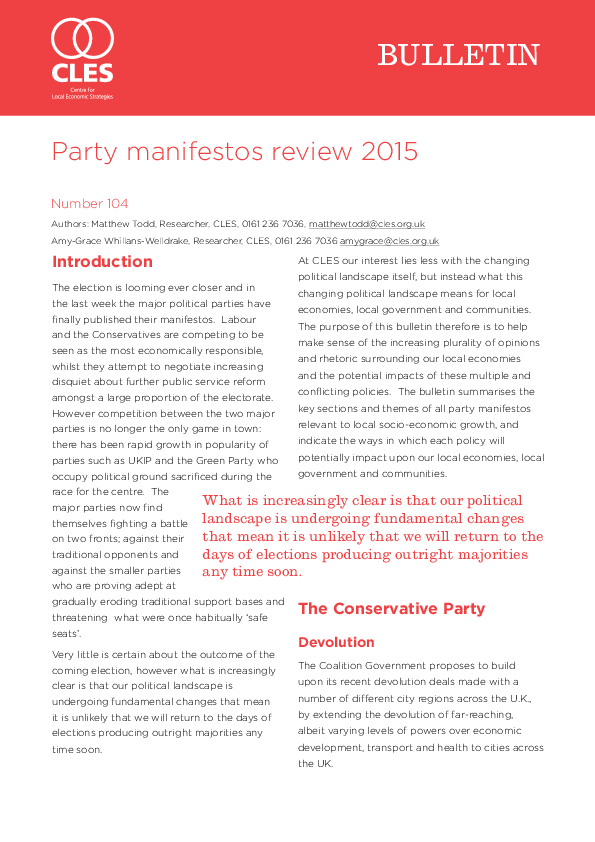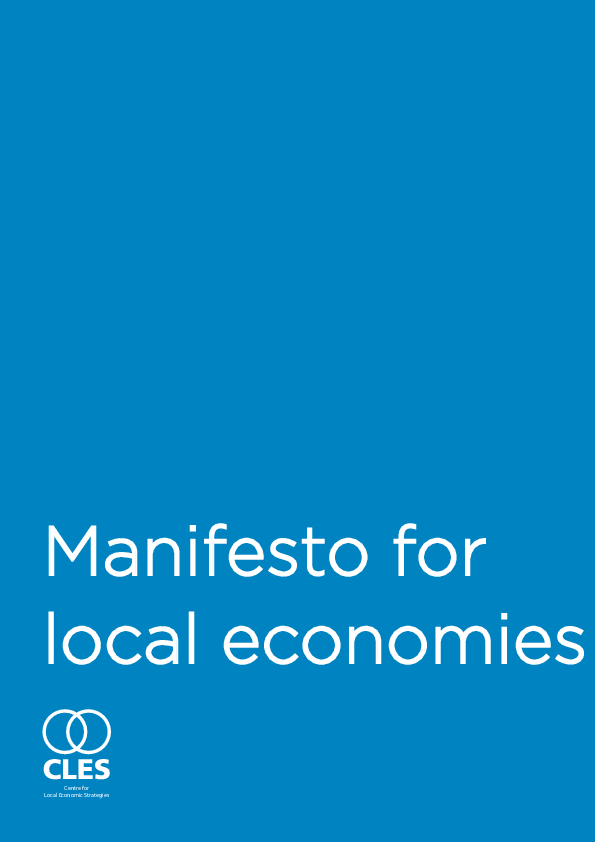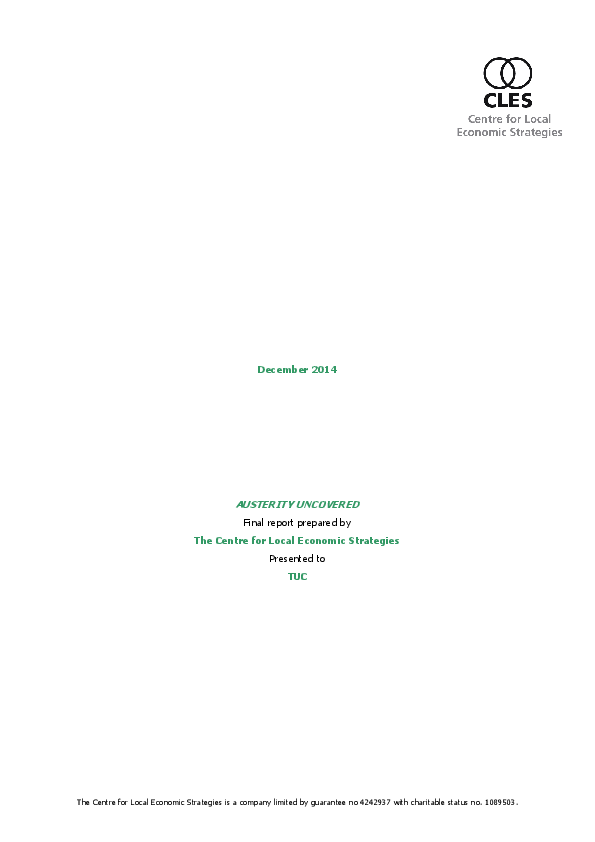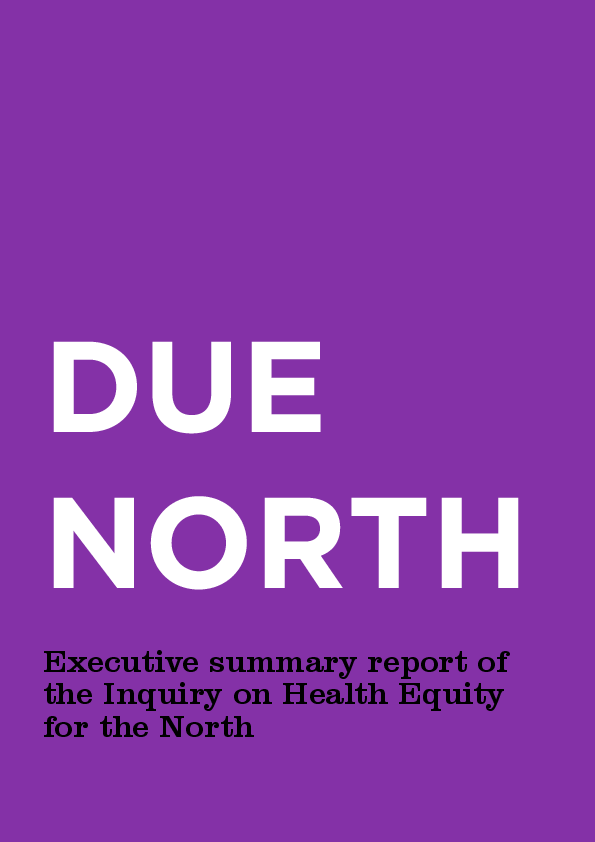The Rich List reveals that we need wealth for all
The spectacle of this year’s Sunday Times Rich List has revealed, yet again, that Britain’s richest are getting richer still. Published yesterday, the list shows that Britain’s 1,000 richest individuals and families are sitting on record wealth of £771.3bn, up £47.8bn in a year. The UK’s billionaire count has climbed to 151, up six on last year. The threshold at which the super-rich make the list has risen £5m to £120m.[1]
In other news (from the same paper on the same day) we learn that an emergency food bank has been set up in the Whitehall offices of a government department, after cleaners and other support staff became the victims of a payroll blunder by one of Britain’s biggest outsourcing companies.[2] The human cost of this incident adds to the growing number of people in the UK who cannot afford basic needs such as food.[3]




